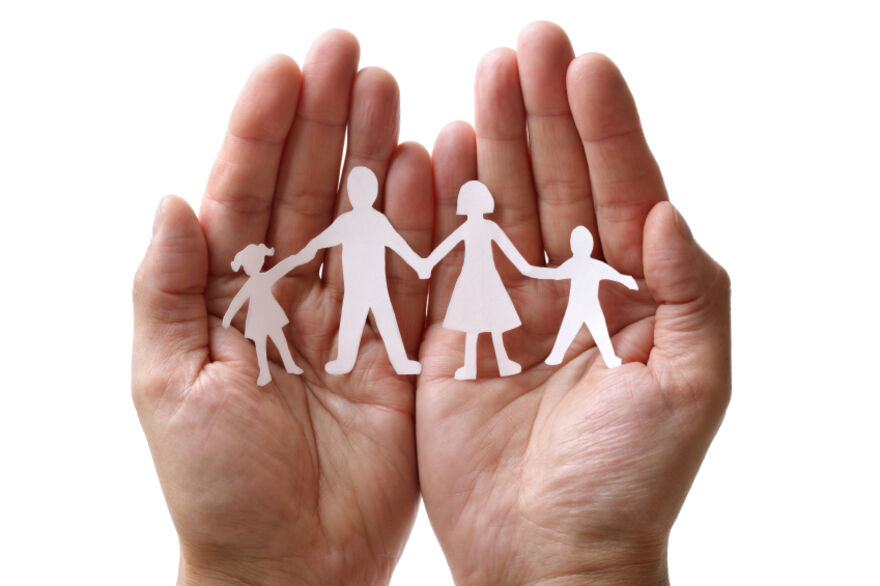If your parents divorced, you may be predisposed to experience divorce too. The Family team considers why that might be and suggests steps you can take to help your children.
It is an unfortunate reality that children of divorced parents are more likely to experience difficulties in their own relationships and get divorced themselves than the children of parents who stayed together.
But what are the possible explanations for this?
1. Environmental factors
This includes normalisation of divorce to a developing child. They will experience disruption and separation in formative years and this can often cause them difficulty in forming and/or maintaining subsequent healthy and long lasting relationships.
2. Psychological factors
Children who see their parents struggling to manage conflict or lacking the necessary commitment, grow up to internalise that behaviour and replicate it in their own relationships. They often have a weakened commitment to the interpersonal skills required for marriage.
3. Genetic factors
A recent Swedish study (1) suggests the possibility that some people may carry genes that increase the likelihood of a marriage ending. The study highlighted that children in adoptive placements were not likely to mirror their adoptive parents situation but did mirror that of their biological parents i.e. if a child’s biological parents divorced they were more likely to divorce themselves irrespective of whether their adoptive parents stayed together. This points to the possibility of divorce being hereditary to some extent.
What can you do to try and protect your children from experiencing divorce? Try and have a ‘good’ divorce. Don’t be negative about the other parent. Support the child’s relationship with the parent and extended family. Be courteous to your former partner, especially in front of the children. Don’t discuss adult issues such as finances with your children or let them become aware of these issues. Consider the impact of your behaviour or decisions on your former spouse and think how this might be viewed by your child.
Whatever the reason for divorce appearing to run in the family it is important to note that divorce isn’t a forgone conclusion for everyone whose parents separated. Many people with divorced parents go on to have happy and healthy relationships, perhaps being determined not to repeat the mistakes observed in their parents’ relationship. Do however consider how your actions might influence your children’s future.
For more advice on this issue or any other matters relevant to family law or divorce, please contact Justine Flack on 0116 2473564 or [javascript protected email address]
(1) Genetics, the Rearing Environment, and the Intergenerational Transmission of Divorce
The information on this site about legal matters is provided as a general guide only. Although we try to ensure that all of the information on this site is accurate and up to date, this cannot be guaranteed. The information on this site should not be relied upon or construed as constituting legal advice and Howes Percival LLP disclaims liability in relation to its use. You should seek appropriate legal advice before taking or refraining from taking any action.

